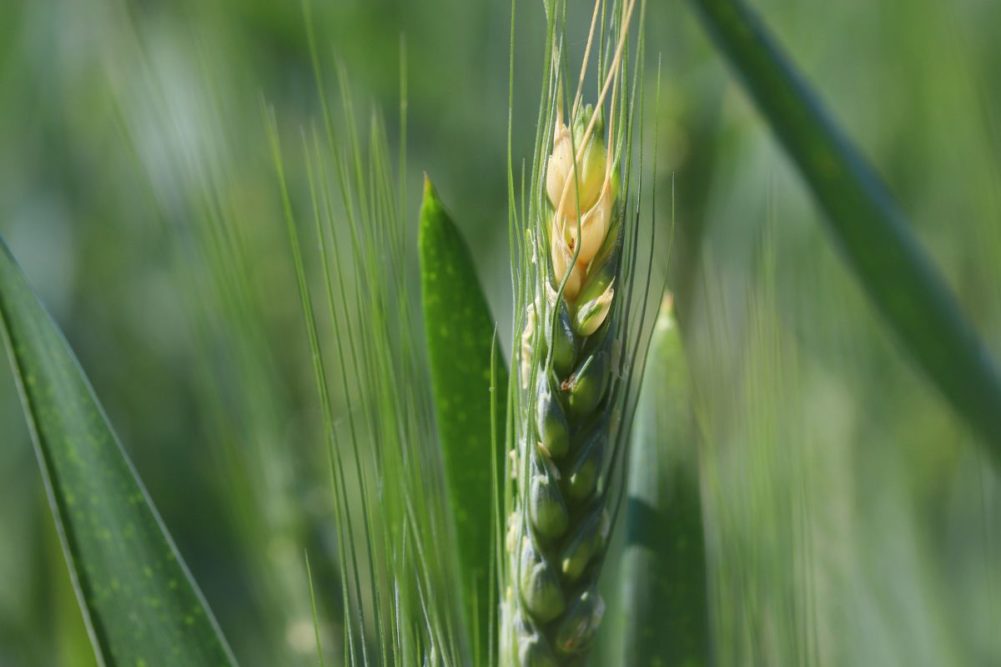LINCOLN, NEBRASKA, US — The University of Nebraska at Lincoln (UNL) and Morocco are collaborating in the global effort to boost wheat disease research and strengthen prevention strategies against fungus-enabled wheat diseases as part of the US Department of Agriculture Foreign Agricultural Service’s Scientific Exchanges Program.
Stephen Wegulo, a plant pathologist specializing in wheat disease epidemiology and management at UNL, visited Morocco this spring, meeting with researchers and leaders with the country’s National Institute for Agricultural Research. Fatiha Bentata, a plant pathologist with Morocco’s National Institute for Agricultural Research, visited UNL for 11 weeks last fall and worked with Wegulo on wheat research.
Fungus-enabled plant diseases such as root rot, crown rot and head blight raise serious concerns for wheat producers worldwide, said Wegulo, who devotes extensive research to the Fusarium genus of fungus associated with those diseases. Fusarium head blight, for example, “is a very serious disease in terms of reducing the yield and then causing the grain to be unfit for human and animal consumption” due to fungal production of harmful byproducts known as mycotoxins.
Research into wheat disease epidemiology and management is also important for Morocco, where grains such as wheat and barley are the No. 1 agricultural product, and the country’s population is heavily dependent on cereals as a food source. Yet the yield reduction and mycotoxin contamination from wheat diseases is significant in Morocco, where precipitation is also a key challenge to production.
Bentata was one of eight scientists and professionals from Africa who studied with UNL faculty in the fall to deepen the visitors’ understanding of plant pathology, food science and agricultural economics.
During her visit, Bentata worked with Wegulo to study a set of varied Fusarium fungal isolates to see whether they differed in the amount of disease they caused to wheat roots. The scientists also tested a set of wheat varieties to see whether they differed in their resistance to root and crown rot caused by the Fusarium fungus. This research provided the scientists with a general approach to identify wheat varieties with greater resistance to Fusarium-caused diseases.
In future research, Wegulo and Bentata will see if a wheat variety’s increased resistance to root and crown rot can also provide increased resistance to Fusarium head blight. The aim, Wegulo said, is to find “a good variety that will resist the disease and have good agronomic performance, as well.”
The USDA-funded Scientific Exchanges Program is intended to foster long-term academic collaborations between US scholars and scientists abroad, and Wegulo discussed the possibilities for sustained academic interchange during his Morocco visit. He and Bentata plan to collaborate on future research projects.





